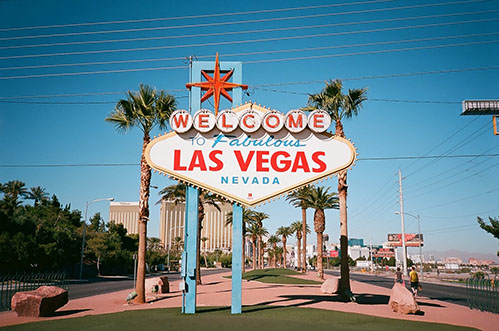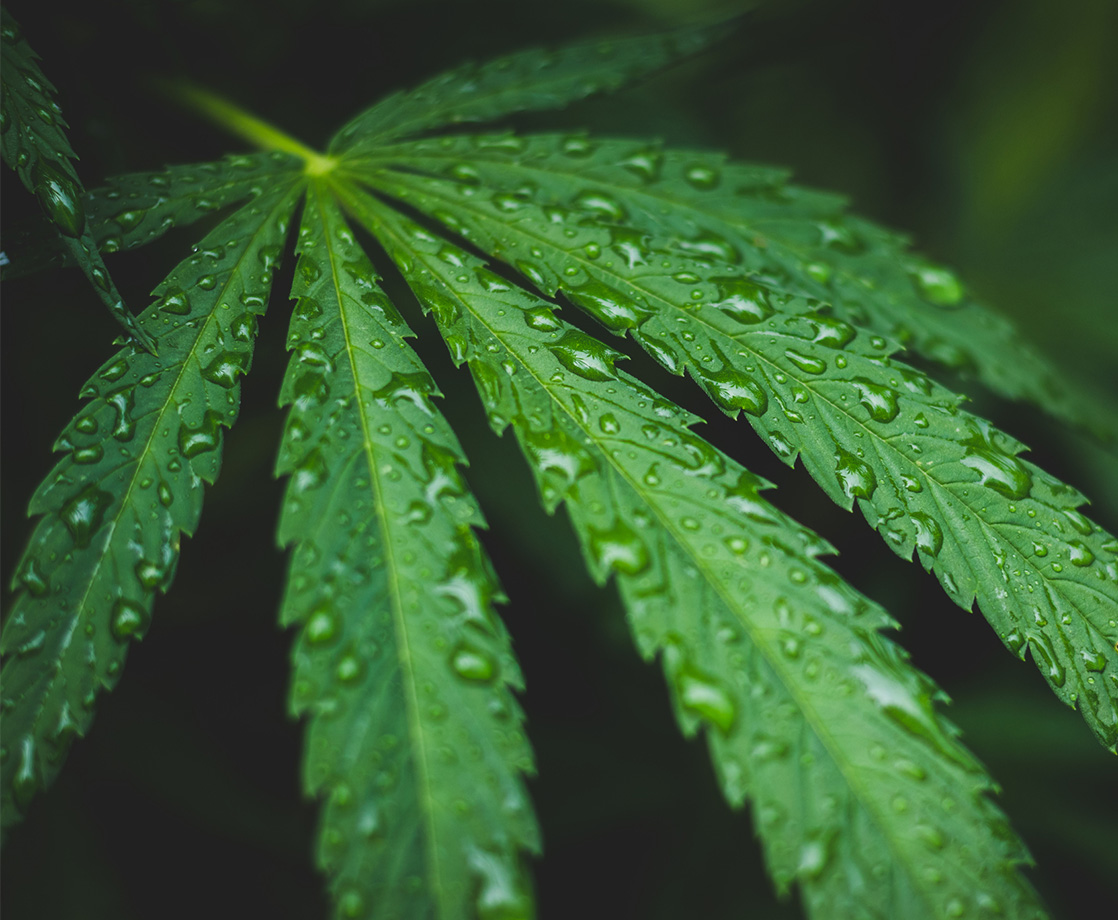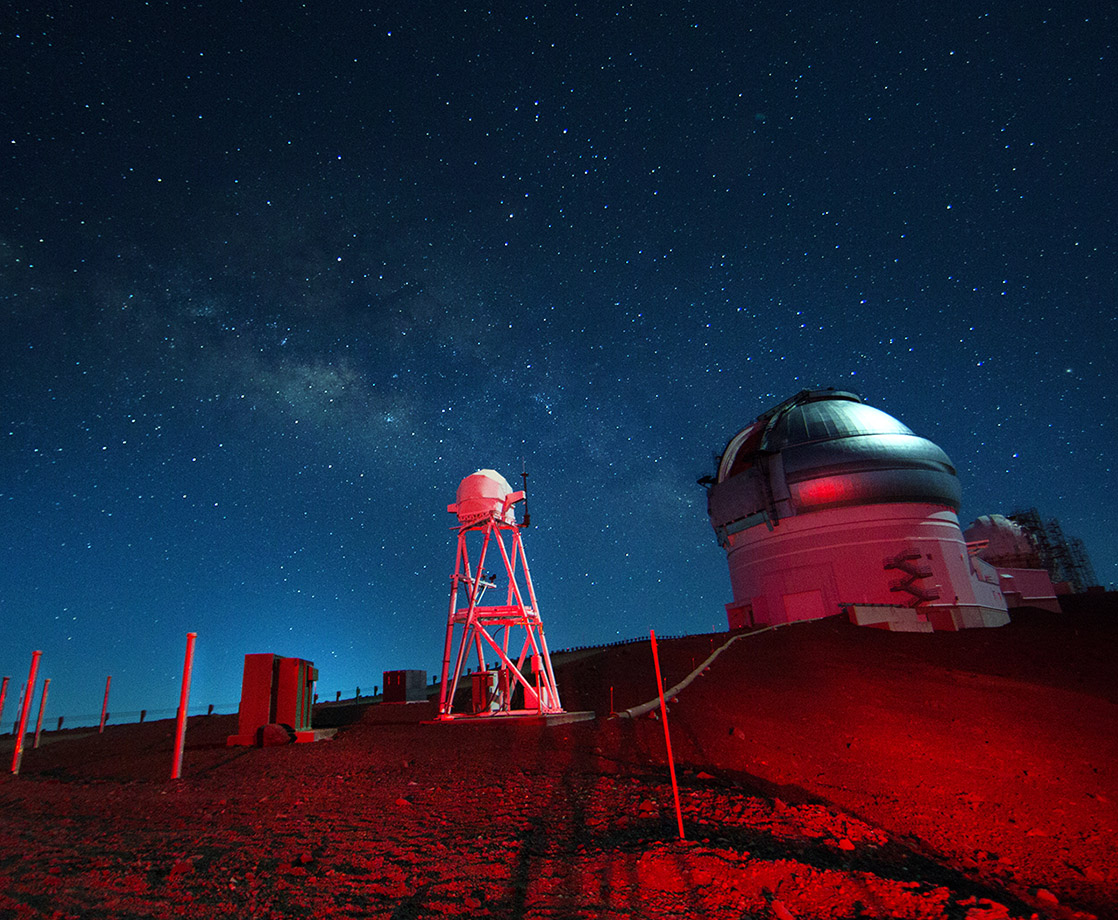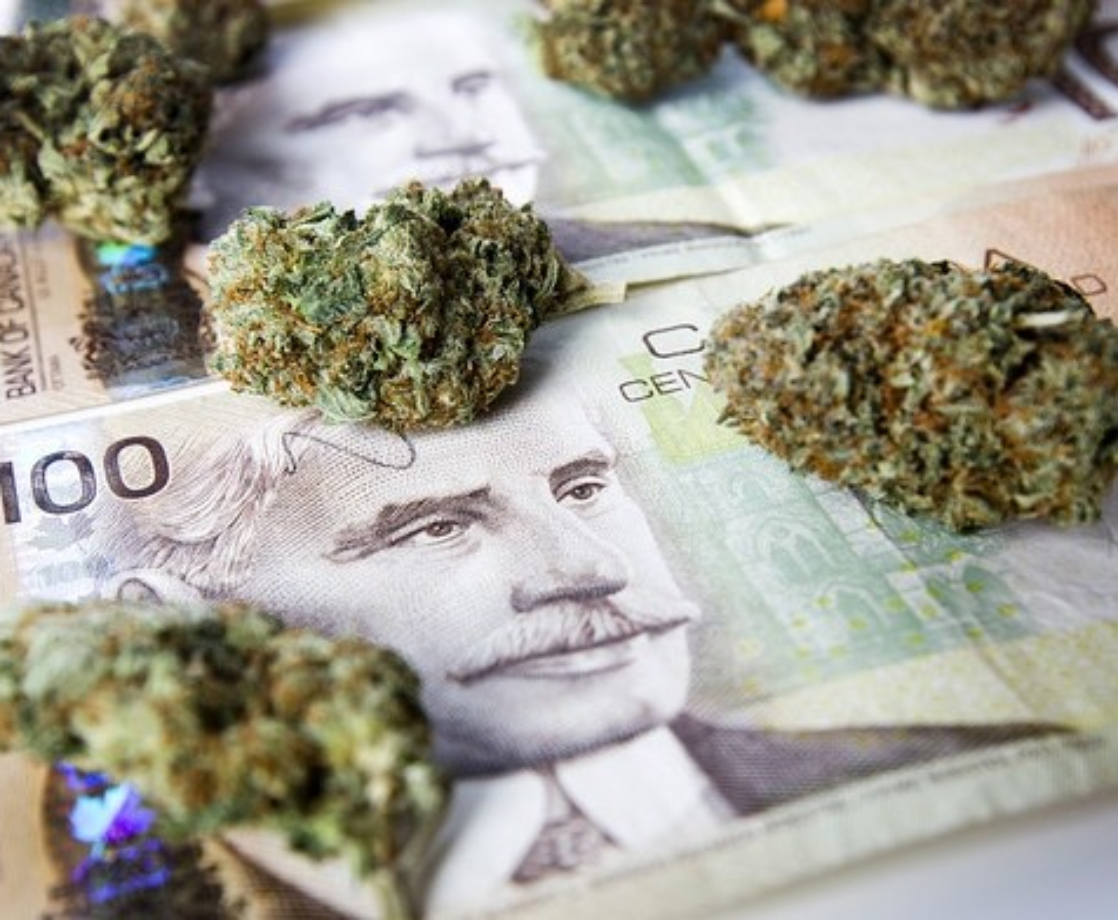As Oregon’s first recreational dispensaries open their doors to the public and Colorado and Washington continue with their revenue-producing, politically popular legalized cannabis industries, the gazes of both those in favor of legalization and those hoping to stem the rising tide are shifting towards states that might be next on the path to marijuana legalization. According to Leslie Bocskor, one of the cannabis world’s most prolific investors through the company Electrum Partners, the eyes of those most in the know are squarely fixated on Nevada as the next battleground for legalized adult use. But to hear Bocskor tell it, there might not be that much of a fight after all. Electrum Partners is at the forefront of Nevada’s cannabis industry, and the possibilities for adult-use legalization have never seemed better. A history of tourism based on activities the more buttoned-up set might find illicit, they think, makes the state uniquely suited to bringing a new kind of cannabis culture to the legalized world with a 2016 vote looming on the horizon.
“Nevada’s regulatory framework as regards cannabis is widely regarded as the most sensible in the country,” says Bocskor. Nevada legalized medical cannabis in 2000, but safe and easy access to medical cannabis has only been guaranteed in the state since 2013, and it’s because of this deregulation in the cannabis industry, along with contemporary decriminalization laws, that Nevada’s mind has begun to change regarding legalization.
Though Nevada has long had a relatively lax attitude toward vice compared to most states, possession by non-medical users of up to an ounce is still considered a misdemeanor, with penalties increasing dramatically over an ounce. If you’re caught with more than two ounces, you could even end up serving four years in jail. According to Bocskor, however, these harsh laws are not indicative of Nevada’s new attitude toward legalized cannabis, and the state’s live and let live attitude towards personal habits will soon extend to leafy green. “This is based on our history of regulating activities that have been taboo in other jurisdictions,” explains Bocskor. “That familiarity and the solidity of our underlying regulatory framework are allowing Nevada citizens to see how adult use is going to be great for the great state.”
According to Bocskor, this experience with volatile, vice-based industries will make all the difference in creating the best cannabis market in the world, and to his point, in the year 2014—the last year for which complete data are available—Nevada’s dealings in liquor and other beverage sales totalled more than $1.6 billion. Legal gambling accounted for more than $10 billion in profit (during the fast and loose days of 2007, that number surpassed $12 billion). Possibilities for cannabis abound. “The biggest difference you are going to see in a Nevada adult use market versus any of the others that have been developing is going to be in the quality, accountability and transparency of the operators,” Bocskor says. “Nevada has a long history of developing what is known as a privilege licensing system, which means it’s able to vet potential license holders for their character, professionalism and ability to deliver on the promise of making Nevada’s market the best in the world.”
It’s also worth noting that Nevada’s current medical cannabis law includes one of the most interesting caveats of any such law. It’s a clause that shows complete self-awareness on the part of Nevada’s lawmakers, a trait one hopes they bring to the table when discussing possible adult-use laws. If a tourist comes to Nevada from a state where medical cannabis is legal, and that tourist has a valid cannabis card, he or she can take full advantage of Nevada’s new, state-of-the-art medical dispensaries without seeing a Nevada physician. The state, therefore, already has experience in the very thing that gave states like Washington and Colorado pause while considering legalization: the influx of cannabis tourists that can be expected with legalization.
And being prepared for the challenging aspects of legalized cannabis will make Nevada better suited to reap legalization’s boons. “Often-neglected benefits [of legalization] revolve around what will happen when the black market in cannabis is crushed and nearly eliminated,” Bocskor explains. “For one, jurisdictions will retain wealth that would otherwise be flowing to gangs or to cartels. This will result in more tax revenue for education, job growth and health care. It will also result in relief for our overburdened criminal justice system. Nonviolent drug offenders will no longer be forced into incarceration, which costs our state million of dollars a year. The neglected benefits emerge here again: Communities will be strengthened by not having a constant stream of former offenders attempting to re-enter society and struggling to find work, housing and other basic needs.”
Even to a casual observer with little experience in economics or investment, it doesn’t seem all that difficult to figure that the city of Las Vegas alone would be a huge boon to the burgeoning U.S. cannabis industry. Visitors to Sin City are ready to let loose in more ways than one, and it’s not hard to picture balconies on the Strip wreathed in completely legal cannabis smoke. “Imagining a post-November 2016 Nevada where adult use is legal—and furthermore, the eventuality of federal prohibition dropping—Nevada and particularly Las Vegas will flex its entertainment and hospitality muscles to deliver optimal environments for people to enjoy an adult use market,” Bocskor continues. “According to the Las Vegas Convention & Business Authority (LVCBA), Nevada sees 45 million tourists a year. [Considering it’s] an environment that is entirely engineered to provide the best in entertainment, accommodations and dining while at the same time offering access to the natural beauty of places like Red Rock Canyon, Lake Mead and even the Grand Canyon, it’s the perfect storm for what will be the best cannabis tourism market in the world. Additionally, the agriculture industry, the security industry, even the legal industry and medical professions will likely see significant boosts in demand due to the cannabis tourism that will take place.”











